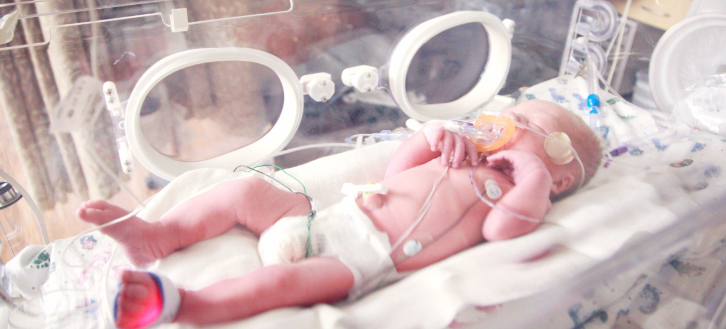The following is a summary of “Efficacy and Safety of Denosumab vs Zoledronic Acid in OI Adults: A Prospective, Open-Label, Randomized Study,” published in the July 2024 issue of Endocrinology by Lin, et al.
The relative effectiveness of denosumab vs. zoledronic acid in treating adult patients with osteogenesis imperfecta (OI) has not been well-established.
For a study, researchers sought to assess and compare the efficacy and safety of denosumab and zoledronic acid in adult patients with OI.
The prospective, open-label study randomized patients to receive either denosumab 60 mg every 6 months or zoledronic acid 5 mg as a single dose over 12 months. Pathogenic mutations associated with OI were identified using next-generation sequencing and verified by Sanger sequencing. Percentage changes were evaluated in areal bone mineral density (aBMD), trabecular bone score (TBS), and bone turnover biomarkers (BTMs) from baseline to 6 and 12 months, in addition to assessing safety.
The study included 51 adults with OI (25 in the denosumab group and 26 in the zoledronic acid group), with 49 patients having identified pathogenic mutations. After 12 months, the aBMD increased significantly at the lumbar spine and total hip in the denosumab group by 4.34% (P=.005) and 1.45% (P=.023), respectively, and in the zoledronic acid group by 4.92% (P=.006) and 2.02% (P=.016), respectively. The TBS increased by 1.39% in the denosumab group and 2.70% in the zoledronic acid group. Denosumab treatment led to a notable reduction in serum levels of β-isomerized carboxy-telopeptide of type I collagen and alkaline phosphatase. The changes in aBMD, TBS, and BTMs were similar between the 2 treatment groups. Patients with milder OI phenotypes experienced a significantly greater increase in TBS after 12 months of denosumab treatment compared to those with more severe phenotypes (P=.030). The denosumab group reported fewer AEs compared to the zoledronic acid group.
Denosumab effectively increases aBMD in adults with OI and showed comparable efficacy to zoledronic acid. However, long-term and larger studies are required to fully confirm the anti-fracture efficacy and safety of denosumab.














Create Post
Twitter/X Preview
Logout